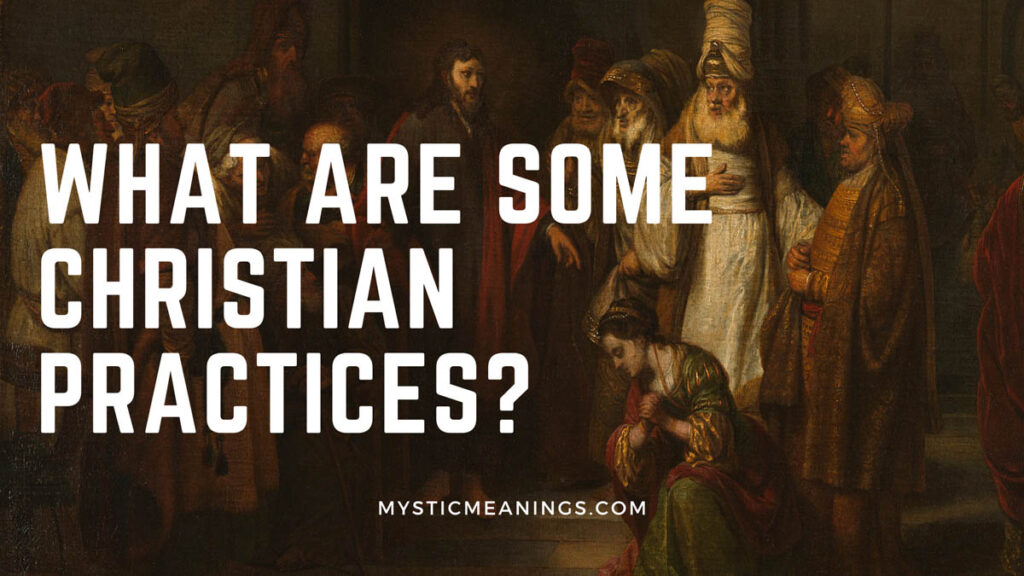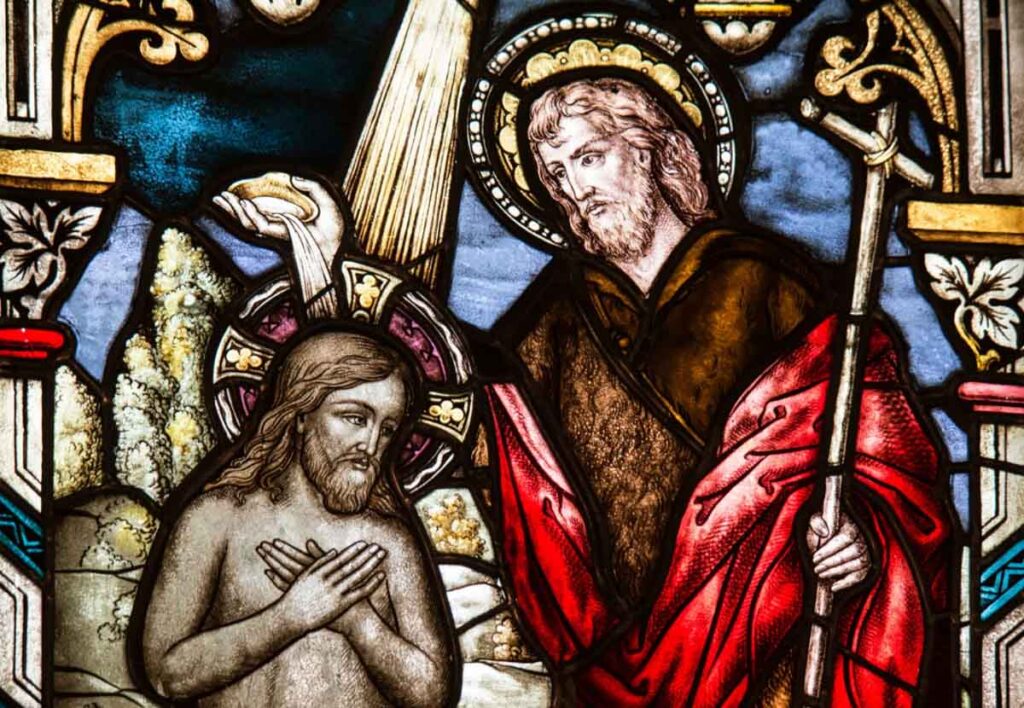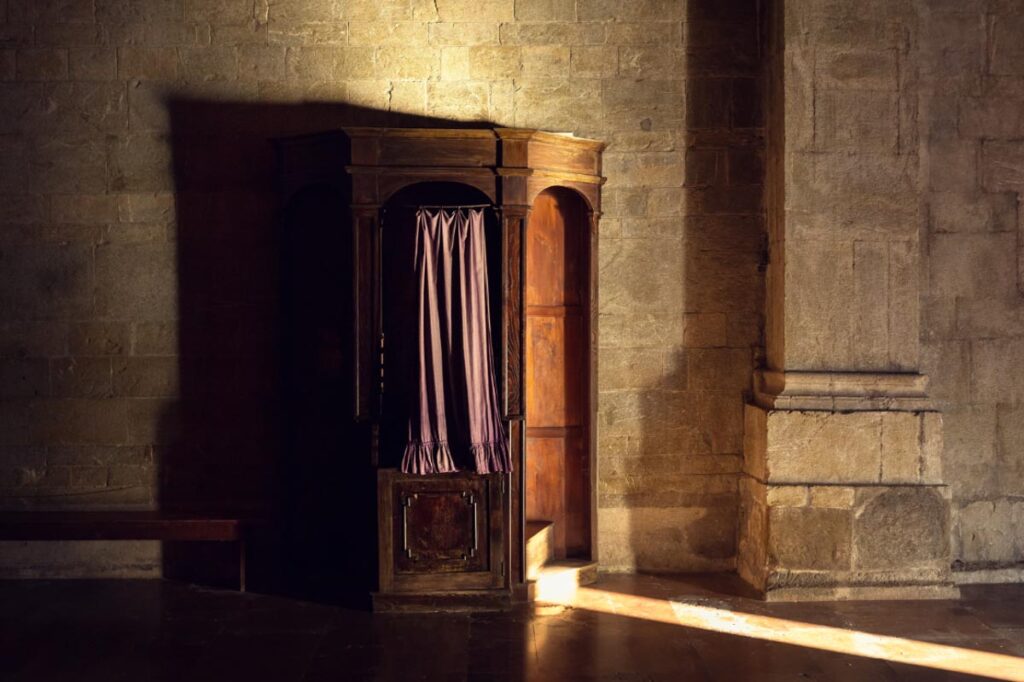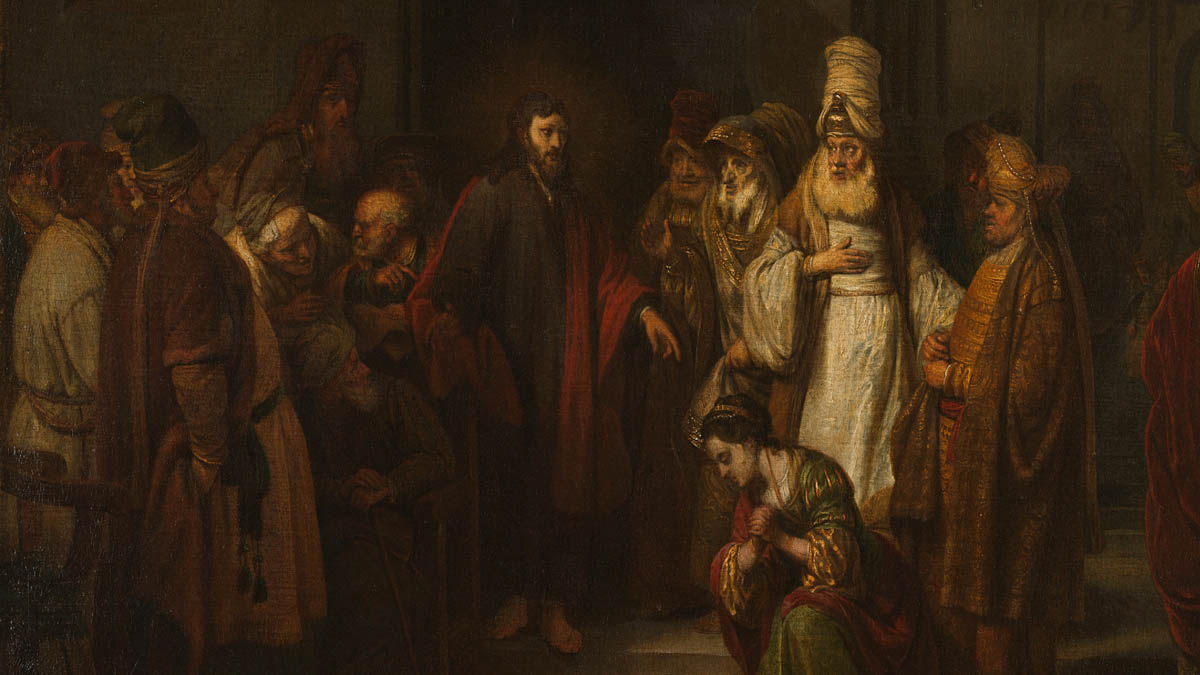What are some Christian practices and do all Christians follow them?
Christianity is currently the religion with the greatest number of followers in the world, with almost 2.4 billion people calling themselves Christian. However, Christianity has different branches and many sects that have differing interpretations of the Bible and the religion as a whole.
The three main branches are Orthodox Christianity, Catholicism and Protestantism. All three agree that Jesus is the Son of God and is the Messiah prophesized in the Hebrew Bible, but they different views on some of the traditions and practices of Christianity.
That is why, when talking about christian practices, you should keep in mind that some of them are not universal for the whole Christian world.
Here is a list of some christian practises throughout various sectors of Christianity.

Brief History of Christian Practices
Christianity has seen many changes throughout the centuries, and so have its practices. Early Christianity is mostly associated with the Apostolic Age. The latter was a time when the word of God was spread by the Apostles. This period was very strongly related to the so-called apocalyptic Jewish Christians whose practices and belief was very much tied to the Apocalypse as a divine event.
Early Christianity was also tainted by prosecutions against Christians in the Roman Empire.
Christianity in the Middle Ages evolved into becoming the dominant religion in Europe. Essentially, for a ruler to be recognized by other European rulers, he had to be Christian and so had to be his realm. The Middle Ages also saw the great split between Catholicism and Orthodoxy, with Rome and Constantinople becoming the centers of these branches.
It was in the Middle Ages that some corrupt Christian practices were born. For example, many believers condemn the witch hunts that were held by Catholic inquisitors as these hunts would occasionally burn innocents at the stake. Another corrupt practice of that time was that of the indulgencies – essentially, believers were paying money for their sins to priests.
The Middle Ages built the foundation for Christianity to become the dominant world religion. Since then, Christian states around the world have slowly adopted to a more unified Christian religion with similar practises and traditions.
Baptism
In order for a person to call themselves a Christian, they have to first be baptized. This is done through the ritual of baptism which involves the usage of water. This is usually done when the person is still a baby and their family baptizes them in their local church. That is when the person officially becomes a member of the Christian religion.
The baby is usually either immersed in the water, submerged in it, or the priest pours water over the baby’s head. These movements can also be combined.
Some Christians are against baby-baptisms since they believe that the person being baptized should be making the choice themselves through the acknowledgement of Christ in their lives.

The Prayer
The original form of the prayer was first mentioned in the Gospel of Saint Matthew. It holds the famous wording “Our Father in Heaven” which is the beginning of all Christian prayers. The prayer has a personal and a communal aspect.
In a personal sense, each believer is expected to pray three times a day, turning their heart to the Lord. In these prayers, believers usually ask for the health or well-being of one’s family, and others ask for forgiveness.
Liturgy
A Liturgy is a form of Christian communal worship that is traditionally held in churches on a Sunday, the day of Jesus’ resurrection. These gathering vary in length based on the denomination. However, other liturgies can be held outside this fixed occurrence.
Liturgies typically include reading and singing psalms and hymns. They involve and central figurehead – the Priest, and deacons who assist with carrying various items, for example bread or holy water, and a choir.
Fasting
The popular interpretation of fasting involves a restraint in one’s eating habits with the goal of reaching a healthier lifestyle.
The Christian religious understanding of fasting is related to a spiritual cleansing, a sort of sacrifice, rather than a physical one. It involves not eating meat and dairy products and the central purpose of this is to focus on one’s faith and reliance on God’s guidance. By limiting food, believers can more effectively develop their spiritual faith and relationship with God.
Long fasting which involves more than two days is usually done before significant religions events, such as Christmas and Easter. Short fasting can be held every week for a day, with the most popular day being Friday as remembrance of Jesus’ suffering.
Pilgrimage
A pilgrimage is essentially a journey to a Christian holy site, which can be to the holy city of Jerusalem, but that is not a definite requirement. The purpose of a pilgrimage is not to simply travel and visit the holy site, but to make the believer break out of their comfortable everyday lives. The journey involves preparation and is to a certain extent a journey into uncharted territories.
The spiritual sense of the pilgrimage is turning your reliance to God on a path that you have never traveled on. These journeys are usually held by families, although individual pilgrimages are common too.
It is interesting to note that this practice is very well preserved in the other Abrahamic religions too, including Islam.
Confession
Christians around the world believe in the holy power of confession. The practice essentially involves an honest description of one’s sins in front of a priest.
The practice is very strongly related to the Christian virtue of humility as only a humble person is capable of admitting their sins. Obviously, nobody is perfect and every single human on the planet has sinned in various degrees. Christianity explains that God offers forgiveness to sinners, and they can come to Him in the practice of confession.

Meditation
When you hear the word meditation, it is entirely possible that you do not associate it with Christianity, but rather with some Eastern religions or spiritual traditions. But that is just the modern view of meditation. The truth is, Christianity also hosts meditation as a religious practice, even though the core principles differ than those in the Eastern religions.
The main reason for this difference is that Christianity is very much a religion focused outwards, and the Eastern religions are intensely introverted.
That is why, meditation in Christianity involves focusing on hearing the word of God and being aware of His presence in your life. There are many forms of meditation in Christianity, but the most famous include Benedictine, Ignatian, and Franciscan.
Simplicity
A less known practice, at least in its nomination, is the practice of simplicity. It is essential for every Christian to understand that a life of extreme wealth is usually not a happy life. In fact, a good Christian should free themselves from unhealthy amounts of physical desires and focus on their relationship with God, since God provides everything we need and more.
The common principles of simplicity include accumulating only useful things, rather than shiny things, and focusing on giving, rather than receiving.
Forgiveness
An extremely important part of Christianity is focused around the principles of forgiveness. Forgiveness has a special spiritual place in this religion, as Jesus is the symbol of God forgiving the sins of all believers.
As a common Christian practice, forgiveness involves truly putting behind the offences and wrongdoings of your loved ones and reconciling with them. Thus, you reconcile with God.
Believers say that forgiveness is a way of spiritual cleansing, as you rid your life of hatred and sadness.
Christian Traditions
More broadly speaking, various Christian practices are involved in the Christian traditions, too. These are very well established in all branches of Christianity and involve mostly communal practices. Let’s take a look at some of them and discuss what they stand for.
Easter Egg Decorations
A very well-known practice in Christianity is that of decorating Easter eggs. This can be done in a great variety of ways, including painting, using stickers, using candle wax, drawing and many more.
This practice is usually a favorite game for children who bring their creativity to the decorations. The tradition currently requires that the first egg be painted red, symbolizing the blood of Christ.
Christian Marriage
Marriage in Christianity takes a special place in the faith as Christians greatly value family. That is why, the ritual of marriage takes place in special circumstances and it involves the presence of a priest.
The partners declare that they will be together forever in front of God and say their vows. They put on rings which are a symbol of their eternal relationship.
The priest then pronounces them husband and wife and blesses their holy union.
Catholic Practices
Nearly 50% of all Christians in the world are Catholics. Their practices are well established but often vary from country to country.
The core Catholic sacraments are the prayer, the penance and the Eucharist. The prayer is seen as an intensely private act that is mandatory for all believers. It is the time they devote to sending their thoughts to the Father almighty.
Penance requires the Catholic to confess their sins to a confessor, usually a priest. This confession should be pure and with the clear intention of going on the right path. Also, this sacrament should be observed at least once a year.
Eucharist involves repeating the actions of Jesus at his last supper when he spoke and ate with his disciples.

Orthodox Practices
The Orthodox Christian church differs from the Catholic one by the fact that it does not have a strong central head, such as the Pope. The nominal head of the Orthodox Church is that of the Patriarch of Constantinople, but he is not in any way of a higher standing that the Patriarch of the various Orthodox Churches around the world.
Orthodox Christians believe that their practices are the true representation of God’s teachings. The word Orthodox, in fact, comes from Greek, meaning “right belief”.
The Orthodox practices are heavily focused on a life of worship, fasting and praying. The most important type of prayer is the one that asks for mercy on the sinner.
Protestant Practices
Protestantism branched off Catholicism in the 16th century over disputes of how to correctly worship God. Protestants take a much more personal and forgiving approach to Christianity and their beliefs stem from a certain denial of various Catholic practices.
For example, Protestant practices are strongly based on the Bible, as they believe that the Bible is the single most important book in Christianity and it is the sole expression of God’s will.
Their core beliefs are still strongly rooted in the pan-Christian beliefs but they only practice two of the seven Catholic sacraments, namely baptism and the Eucharist.
Final thoughts on Christian practises
Christian practices around the world are diverse and are based on various local traditions and overarching philosophical differences between the different branches of Christianity.
This article included the three churches with most followers, but there are hundreds upon hundreds of different sects that have their own religious practices.
However, the main Christian practices mentioned above are still solid in their presence around the world as they represent the core principles of Christianity.
If you enjoyed this article, you can learn more about Christianity on our site.

